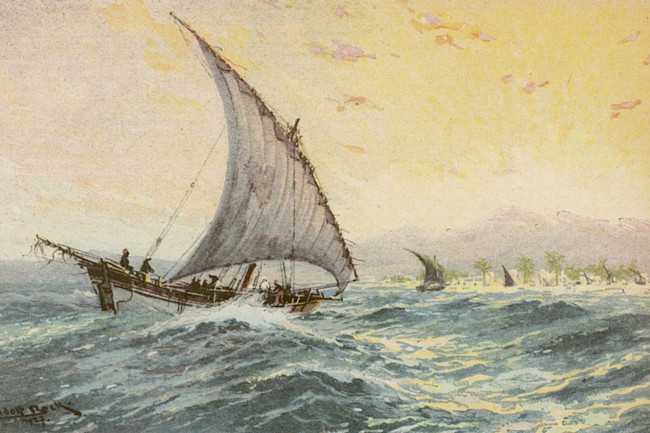How is contemporary history being written?
Contemporary history is finding itself being written beyond newspapers. Its writing now includes social media and online news sources. But there is no real initiative in Mauritius to organize these sources. Some of the sources could have made it into the Internet Archive. But it will be quite of hassle to look for them if the websites go down or they are purged from them.
Organizing online news sources
The project aims to organize sources on the contemporary history of Mauritius from major online sources on a thematic basis. The sources will be found manually and they will be inserted on an Excel sheet with relevant metadata. The collection of the online articles will be done in two ways. Firstly, they will be indexed from Google using a variety of keywords. Secondly, the tags used within the online websites will be used. Any duplication will be removed in subsequent stages. The project will not index what is discussed in video sources such as interviews though.
The inspiration from The History Manifesto
The inspiration for the project came mainly from The History Manifesto book by David Armitage and Jo Guldi which discussed the prospects of using historical data into a longue durée fashion (as well as big data) to explain contemporary issues.
Contemporary history is finding itself being written beyond newspapers. Its writing now includes social media and online news sources. But there is no real initiative in Mauritius to organize these sources. Some of the sources could have made it into the Internet Archive. But it will be quite of hassle to look for them if the websites go down or they are purged from them.
Organizing online news sources
A 20th century painting showing a dhow along the East Africa coast. The contemporary civilizations in the Indian Ocean are often studied using a longue durée approach (From Discovery Magazine)
The project aims to organize sources on the contemporary history of Mauritius from major online sources on a thematic basis. The sources will be found manually and they will be inserted on an Excel sheet with relevant metadata. The collection of the online articles will be done in two ways. Firstly, they will be indexed from Google using a variety of keywords. Secondly, the tags used within the online websites will be used. Any duplication will be removed in subsequent stages. The project will not index what is discussed in video sources such as interviews though.
The inspiration from The History Manifesto
The inspiration for the project came mainly from The History Manifesto book by David Armitage and Jo Guldi which discussed the prospects of using historical data into a longue durée fashion (as well as big data) to explain contemporary issues.

Comments
Post a Comment